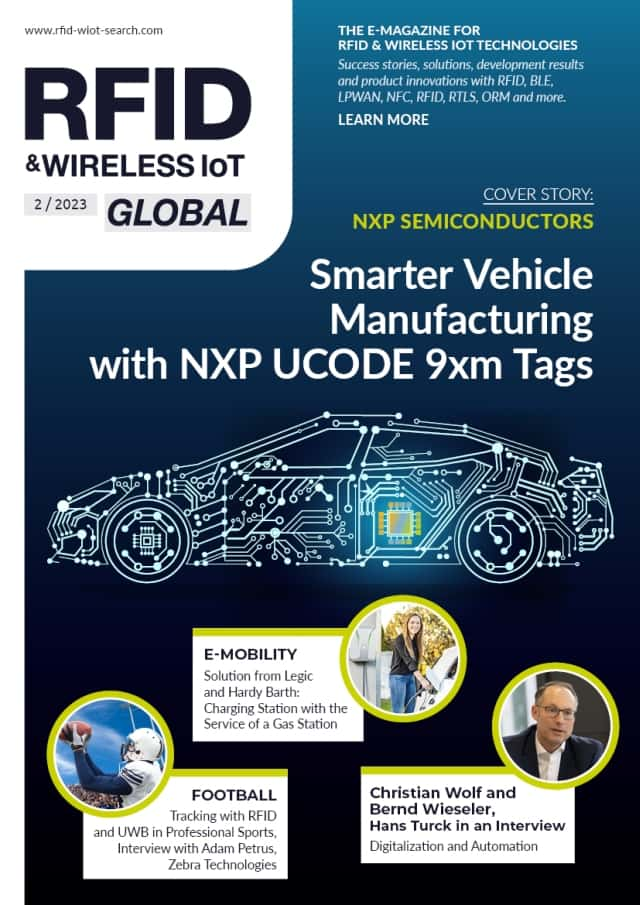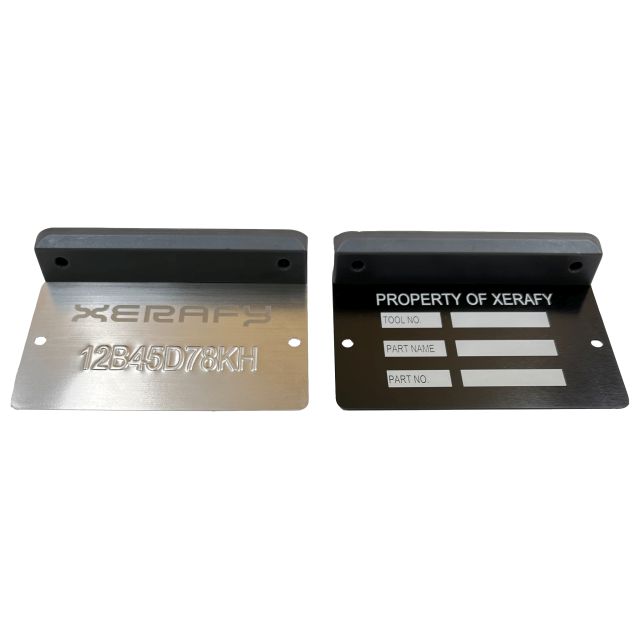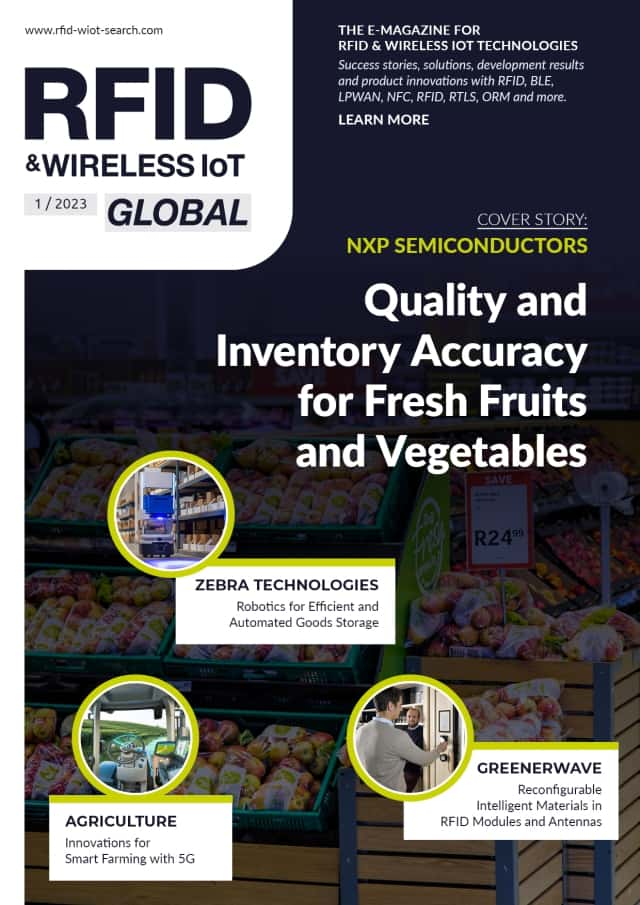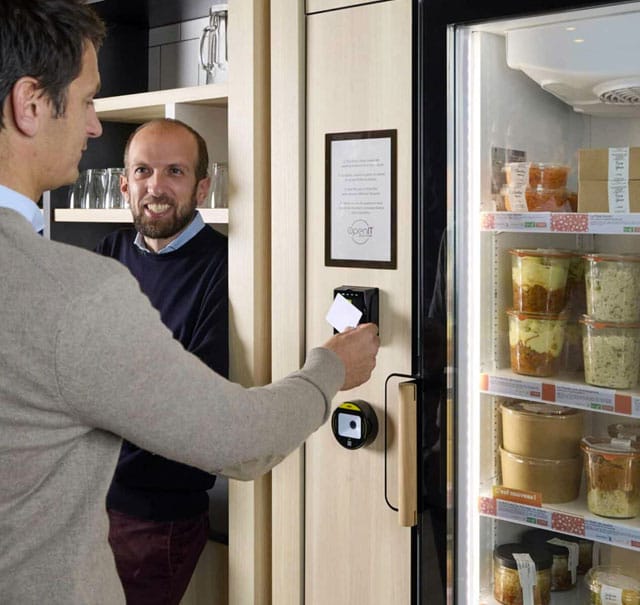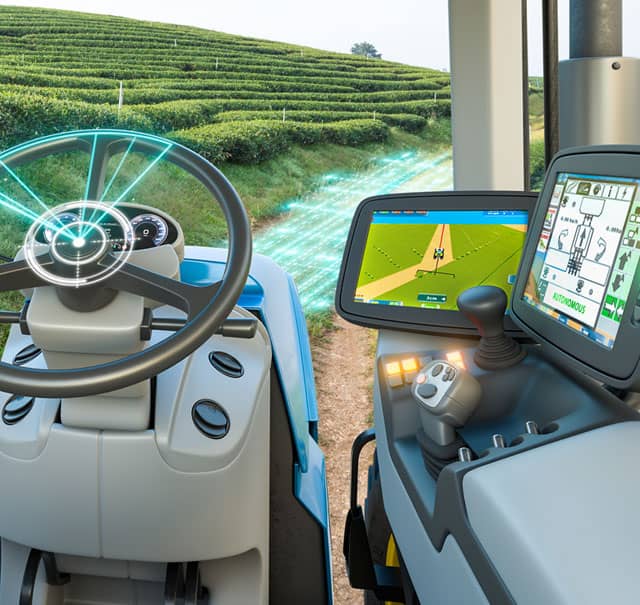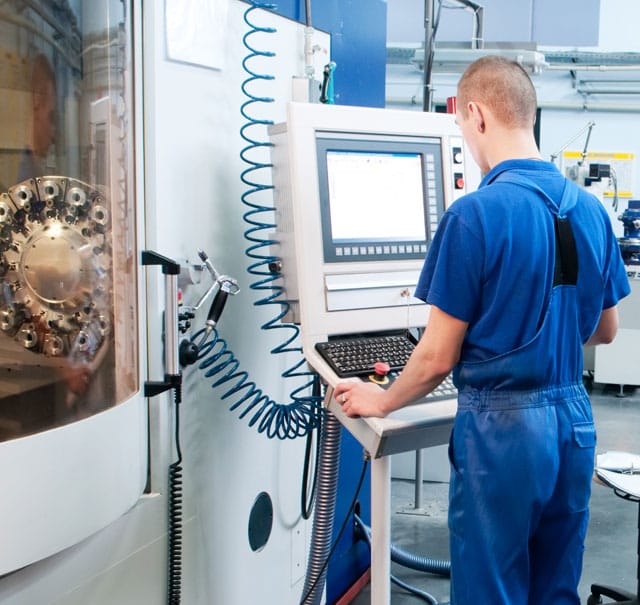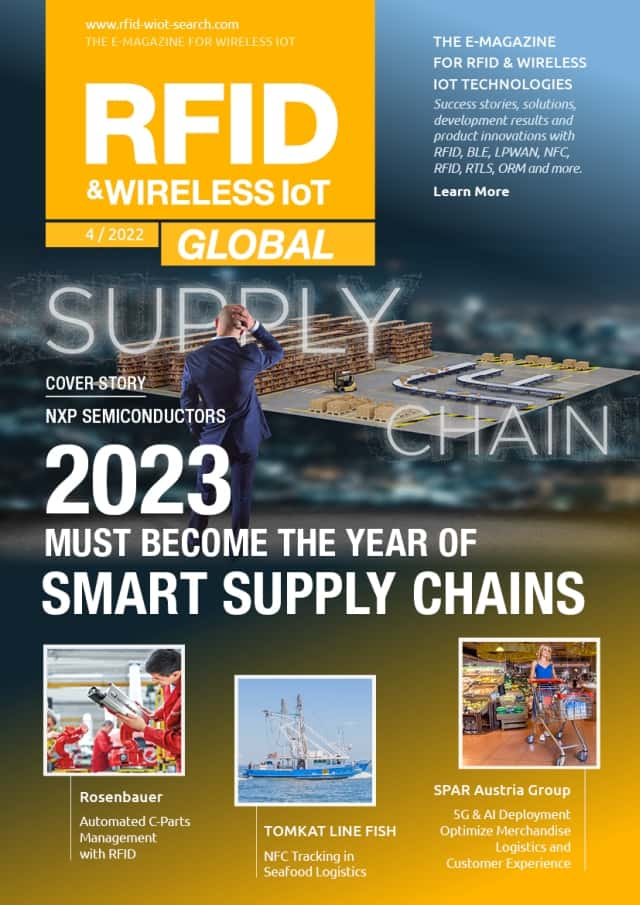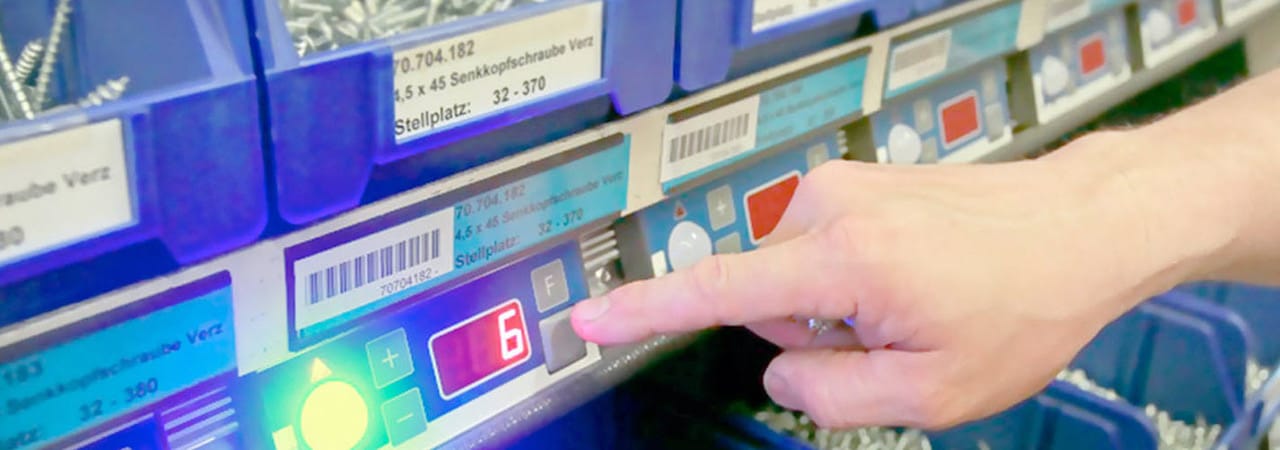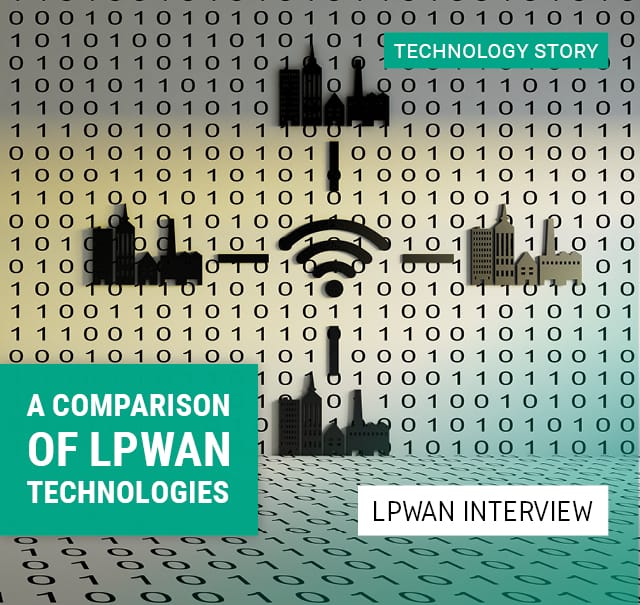New visual picking process based on passive RFID tags
In manual order picking systems, pick-by-light systems are often used to support the order pickers and increase performance. A high picking performance with low error rates can be achieved through visual display of the picking compartment and pick quantity. The weak points of such systems are the high costs and the low flexibility due to the cable-bound assembly at each storage compartment.
The project Pick-by-Tag aims at the development of a new picking system based on compartment displays without own energy supply, which are activated by RFID tags.
FIS Initiates research project
The project, which started in July 2019, focuses on the development of a picking system for manual warehouses. The system guides the picker through the warehouse using RFID tags and LEDs on the warehouse shelves. The aim is to increase the picking performance and keep installation and running costs low. As a member of the Project-Associated Committee (PC), FIS brings in many years of know-how in software development and integration.
RFID plus LED
The new Pick-by-Tag procedure is based on the already known Pick-by-Light methodology. The scenario: RFID tags with LED lights are attached to the warehouse compartments. The passive RFID transponders (without their own energy source) are activated by a wireless signal of the RFID reader. This reader is located, for instance, at a mobile data terminal (MDT) or picking cart.
The transmitted signal activates all order-relevant warehouse compartment displays and the LED lights attached to them flash. The warehouse worker recognizes from which shelf goods are to be taken. Since the warehouse compartments and goods no longer need to be scanned, they have both hands free for withdrawal.
Weaknesses deleted
The weaknesses of the previously used Pick-by-Light procedure, such as the high investment costs of the technology as well as low flexibility with regard to warehouse restructuring, are circumvented by the cost-effective RFID system. Advantages such as higher picking speed and a lower error rate in picking are fully exploited.
The RFID tags - whether passive or battery-operated - should also significantly reduce the costs of purchasing, installing and maintaining the wireless system. One of the project's sub-goals is to keep the acquisition costs of the system under 30 euros per compartment for an installation at 1,000 warehouse compartments. This scenario is particularly interesting for small and medium-sized companies for whom other picking systems are too expensive.
End of the project: June 2021
System requirements, such as the connection of the "Pick-by-Tag" control software to the warehouse management system and the development of a user-friendly front-end interface, are developed by the IT experts of the research and project partners and FIS. Further work packages are currently being implemented. The end of the project is planned for June 2021.
"We are very pleased that our project idea has met with interest at Fraunhofer IIS and that the project is sponsored by the German Federal Ministry of Economic Affairs and Energy (BMWi) and the German Federation of Industrial Research Associations (AiF)," says Matthias Hübner, Head of Warehouse & Transport Solutions at FIS, about the project.
Application-oriented development is ensured
By assigning production companies and solution providers to the project-accompanying committee, application-oriented development is to be ensured. In addition, expert interviews will be conducted, in particular to take into account the specific requirements of SMEs. As a result, derived requirements for the new system will be supplemented by further requirements from standards and guidelines and summarized in a requirements catalogue.
Projektpartners are: TU München – Lehrstuhl für Fördertechnik Materialfluss Logistik, Fraunhofer IIS – Arbeitsgruppe für Supply Chain Services, Fraunhofer IIS - Lokalisierung & Vernetzung
The project-accompanying committee: CIM GmbH, Elabo GmbH, FIS GmbH, KBS Industrieelektronik GmbH, Siemens AG






